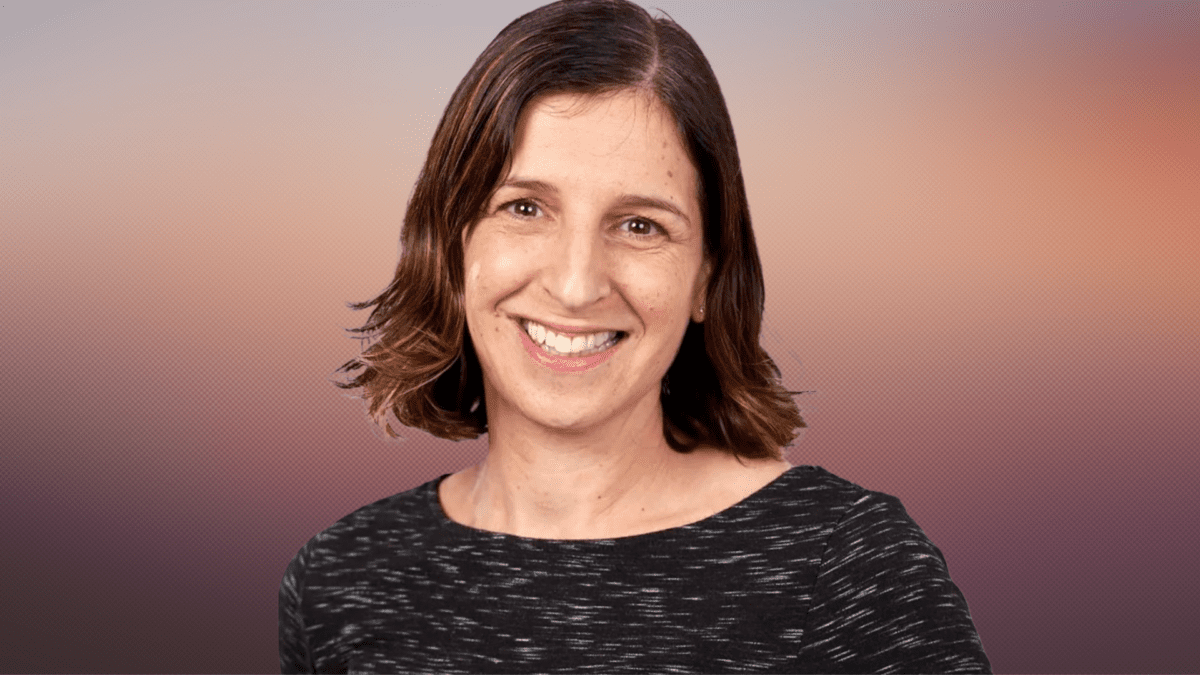Robinhood and the fee free trading phenomenon
Robinhood is the clear leader in a new trading sector dubbed “commission-free” trading. Google backed the platform called and it was launched to offer share trading services free of charge. Robinhood first introduced this concept five years ago to entice new investors to move away from traditional online broking systems run by the major banks. Robinhood’s first mover advantage has seen it capture and reinvigorate an entirely new section of the market. Data released a few weeks ago shows that there has been a massive surge in online share trading in the US, due to people being stuck at home during the coronavirus pandemic. Robinhood has been able to capture the lion share of this growth. In the US alone, the average daily trades were 4.31 million during June.
Robinhood’s target market? You guessed it. Millennials. The online platform is tailor-made for the Gen-Y set. One single platform has spawned a renewed interest in share trading among young people with handfuls of millennials, even day-trading. The early success has however, created an Afterpay type race to zero brokerage fees. Two new fintech start-ups have since joined the space. An Israeli-born fintech platform eToro launched its commission-free US share trading platform for Australian investors and Australian-born trading platform Stake launched its version just in time to capture the massive surge of sign-ups and trading volumes during the coronavirus pandemic.
But it goes further than just ‘zero’ brokerage. One of the main barriers to entry to share trading is that many young Aussies feel that they don’t have enough cash to start. They also tend to feel that the sharemarket is mainly for the rich due to the costs involved with international share trading. Robinhood removes these barriers to entry by making share trading cheap, easy, and accessible for millennials. It also is a platform made for millennials.
Are there any benefits of using Robinhood over the big bank platforms such as Commsec? In one word. No.
The zero-commission platform is just that. Cheap and no-frills. It is simple and very basic. Perhaps a little too simple for first-time investors, with no stock-picking experience. It offers access to stocks, funds, options, gold, and crypto. Sure Commsec charges $10-$19.95 per trade but it’s money well spent. For that price, you get what you pay for. By paying nothing, you are driving blind by not having the right tools to pick the right stocks. Using Robinhood could cost you a lot more than a small brokerage fee.
So how do these platforms survive? Interest generated on its members’ cash balances, payment for order flow, Margin Interest, and by not offering to manage portfolios.
Robinhood, while having a first-mover advantage, is still in the pre-launch stage in Australia. US broker, Robinhood, has over 61,000 Australians on its waiting list for zero commission trading, but Stake has beaten the Google-backed venture to the line. Robinhood might be a great place to start for newbie investors, but sooner or later, the zero fees, simplicity, and basic no-frills offering isn’t enough to replace the power of a full-featured trading platform.









